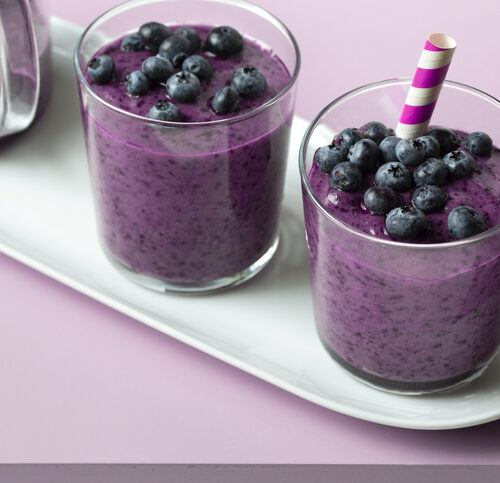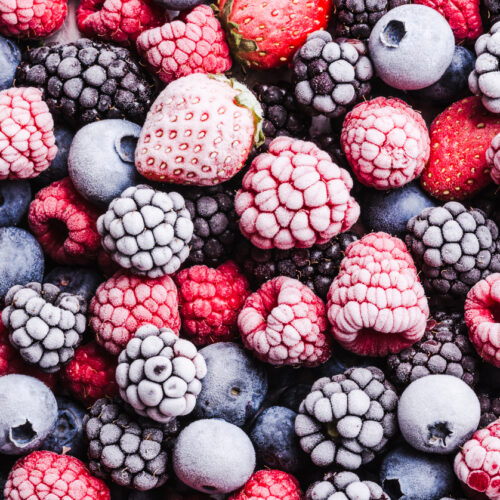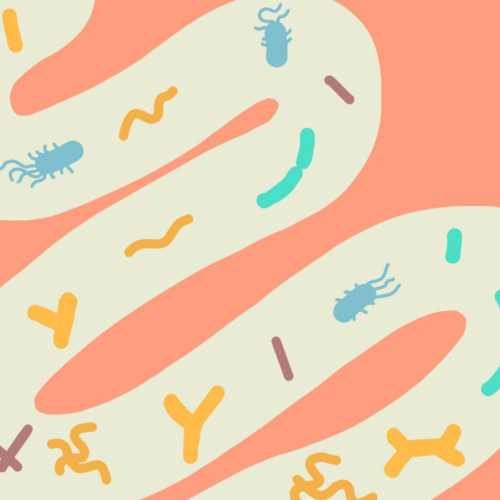
Q: "My family love mushrooms, we try to have them with every meal. I have recently been told that too many mushrooms are toxic. Is this correct? If so, how many is too many? (We only eat button and portabello mushrooms, none of the more 'exotic' kinds.)"
CalidaA: We asked Mark Santy of Meadow Mushrooms, the largest mushroom producer in New Zealand, to tell us more about mushrooms:
"Some types of wild mushrooms, which are considered edible, can give an adverse reaction if eaten in large quantities or eaten on several successive days, but this is not true for the commercially grown white and brown mushrooms (Agaricus bisporus). Also, people differ in their reaction to different foods, eg some people are unable to eat eggs, and this can also be true with mushrooms.
Cultivated mushrooms are considered a very healthy addition to the diet. They are very low in fat, contain fibre, and are an excellent source of copper and selenium. The selenium content is particularly important, as New Zealand soils are deficient. They also contain relatively high concentrations of potassium and phosphorus. Agaricus bisporus mushrooms are also a good dietary source of B vitamins, especially riboflavin (vitamin B2), B6 and niacin.
Recent research from Pennsylvania State University found white button mushrooms are the richest source of ergothioneine. This powerful antioxidant is present in mushrooms at 12 times the levels of wheat germ – once thought to be the highest natural source of ergothioneine. Whereas some think the white or brown colour of mushrooms means they are not as rich in nutrients as some other vegetables, the research at Pennsylvania State University has shown that the polyphenols in mushrooms also have significant antioxidant activity."
www.healthyfood.com











